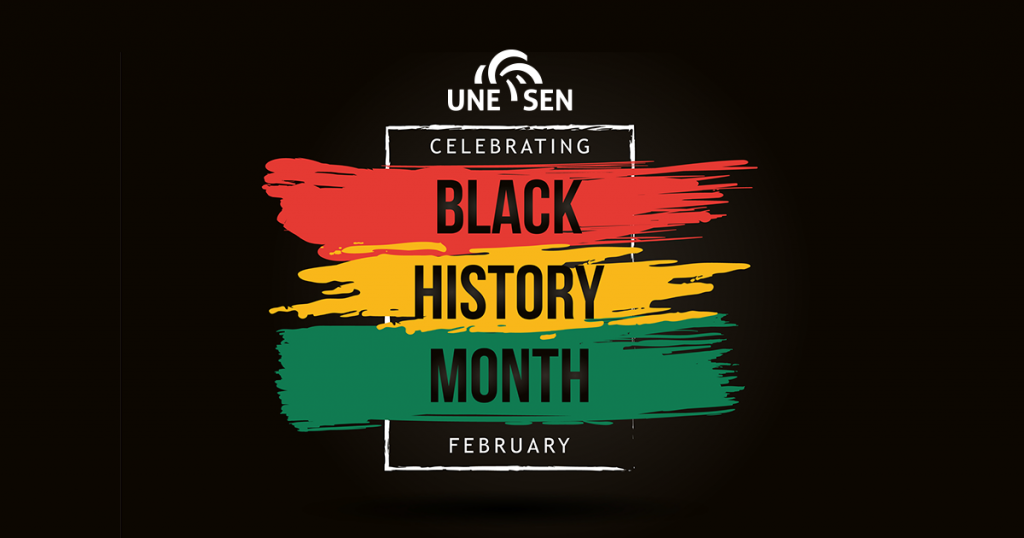
By Sam Padayachee
Black History Month traces its origins back to the early 20th century, when honoring African American history was first proposed by the historian Carter G. Woodson and other prominent African American figures.
Woodson, often hailed as the “Father of Black History,” was committed to promoting the study of African American contributions to American History. He believed that history was more than just political and military achievements; it embodied the social, intellectual, and cultural highlights that painted a detailed picture of a people’s history.
In 1926, Woodson and the Association for the Study of Negro Life and History, started the first iteration of Black History Month, then called “Negro History Week.” The second week of February was selected to coincide with the birthdays of Abraham Lincoln and Frederick Douglass, both key figures in the history of African Americans.
Woodson’s aim was to encourage the coordinated teaching of the history of American blacks in the nation’s public schools. The week was met with enthusiastic response, prompting schools and communities nationwide to organize local celebrations, establish history clubs, and host performances and lectures.
Black History Month has since grown from a single week to being observed for a month. It has become a globally recognized celebration, observed not only in the United States but also in Canada, the United Kingdom, and other countries around the world. It serves as a reminder of the struggles for racial justice and equality, and it spotlights the achievements and contributions of African Americans to science, education, literature, art, and the cultural development of society.
Today, Black History Month continues to be a time for reflection, recognition, and education. It’s an opportunity to engage in dialogue about race and equality, and to commit to understanding the rich history of people of African heritage. Through exhibitions, documentaries, readings, workshops, and seminars, Black History Month inspires individuals and communities to learn about and appreciate the history that helped shape the world we live in today.
During this Black History Month, we should all take the time to reflect on the struggles and achievements of Black people, which is essential in supporting social progress. Each of us has the obligation to raise awareness about the ongoing issues of racial injustice and inequality, encouraging society to engage in meaningful dialogue and action. Active participation promotes unity and solidarity, not just within Black communities, as people come together to celebrate and recognize Black history.
Celebrating Black History Month not only honors the past but also shapes our collective future by promoting diversity, equity, and inclusion.
Sam Padayachee is the UNE Regional Representative for Human Rights, Ontario.